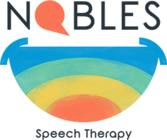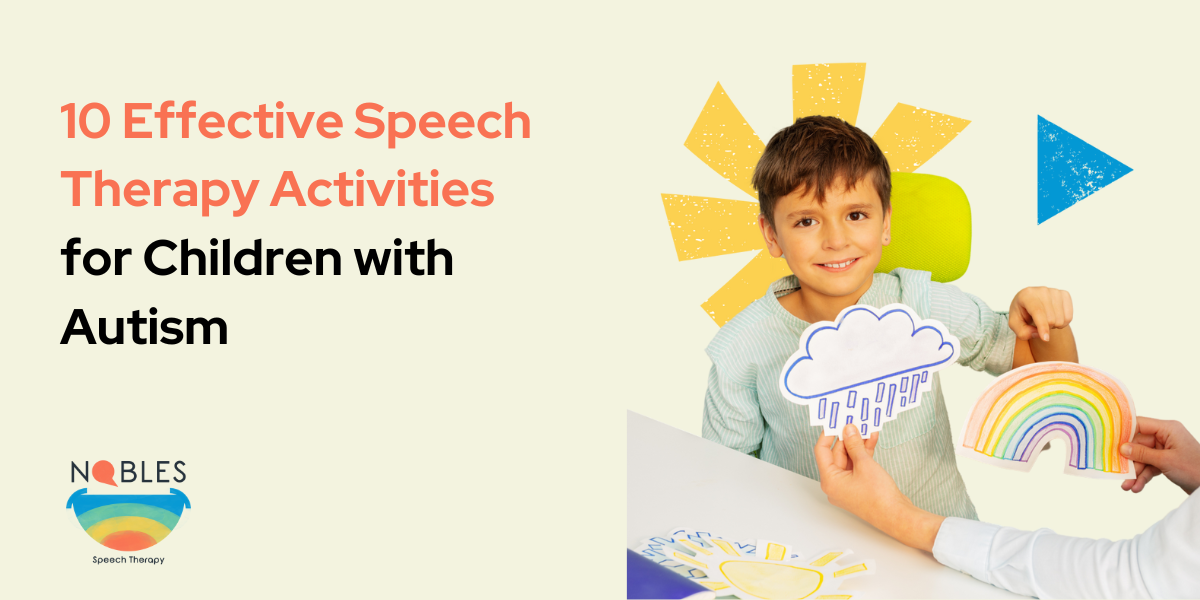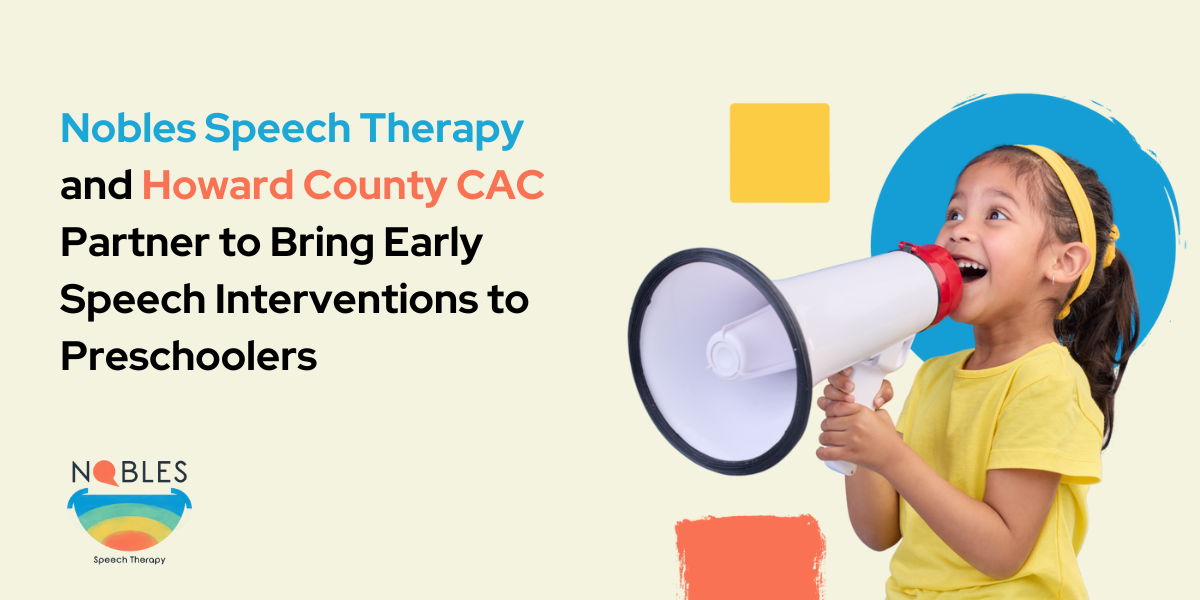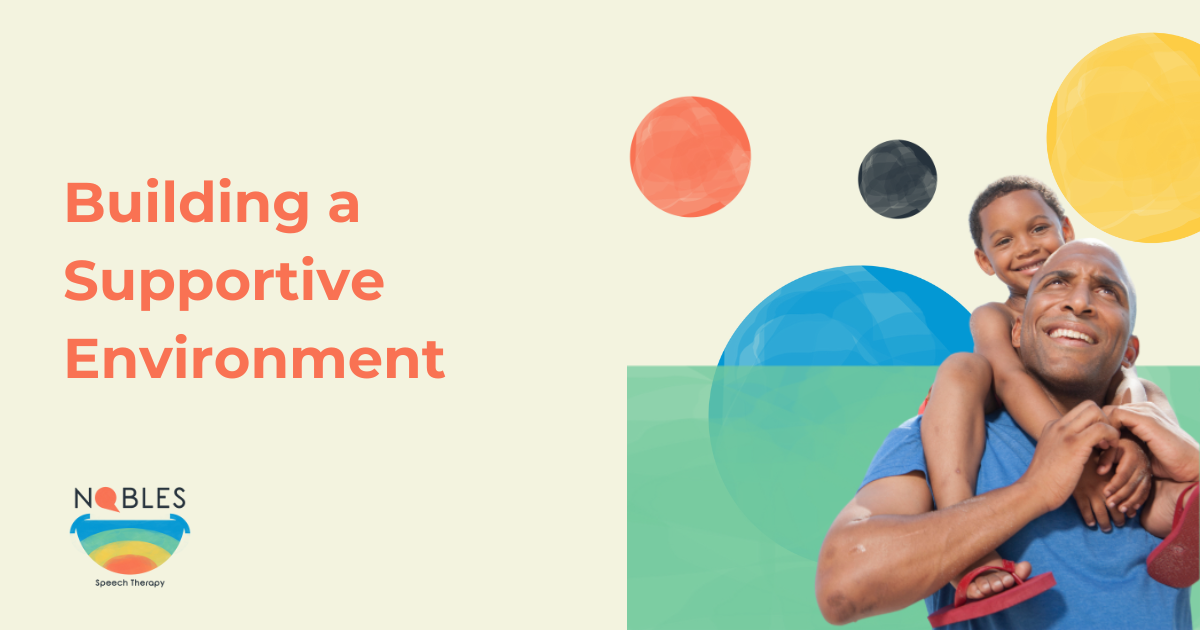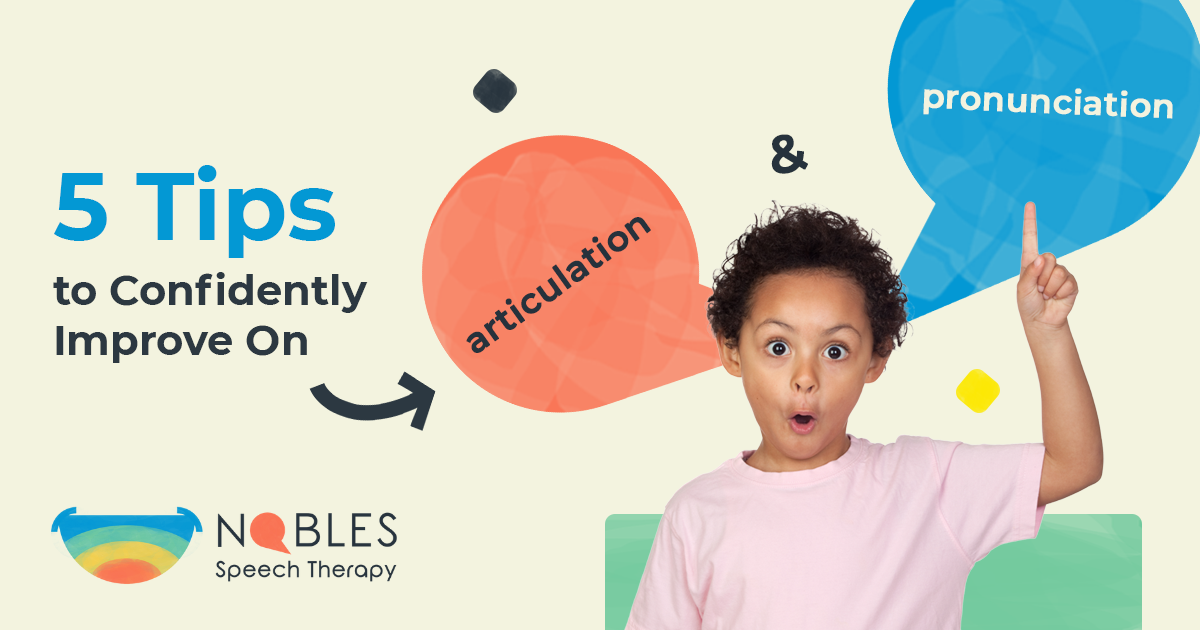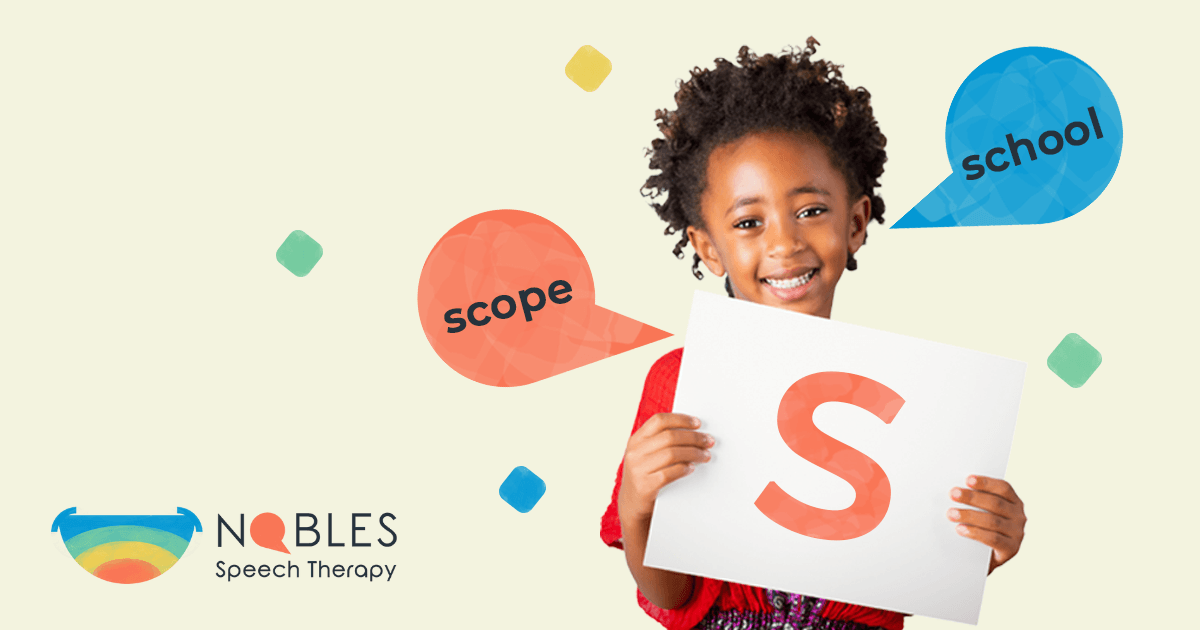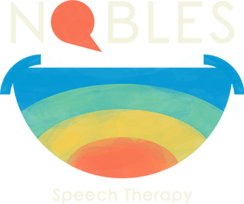Understanding When to Seek Professional Speech Therapy for Your Child's Success
Share this page:

Voice disorders can vary in children, presenting with differences in pitch, quality, and volume compared to their peers. Such differences can shape a child's self-esteem, social experiences, and overall communication skills. This guide explores voice disorders' hallmarks in children and provides actionable steps towards professional evaluation and
children's voice therapy.
Empowering Your Child's Voice: Signs & Solutions
Symptoms of Voice Disorders in Children
Noticeable symptoms in children may include:
- Harshness or hoarseness
- Extremes in tone—either too high or too low
- Discrepancies in volume—speaking either too loudly or too softly
- Appearing to have "lost" their voice
- Resembling voice qualities when one has a cold, such as sounding congested
- Excessive nasal airflow during speech
- Trouble with voice projection
- Fatigue in voice, especially after prolonged use
If these symptoms are persistent or linked to pain or difficulty in breathing, seeking immediate medical consultation becomes essential.
Underlying Causes of Voice Disorders
The human voice emanates from the vibrations of the vocal folds situated within the larynx, commonly known as the "voice box." Disruptions or abnormalities in these muscle bands can result in voice disorders. While temporary disruptions might arise from overuse or infections, persistent alterations might point towards more entrenched causes such as acid reflux, anatomical irregularities, or habitual behaviors like constant throat clearing.
Identifying Different Voice Disorders
Several classifications of voice disorders exist. Some of the more prevalent ones include:
Effective Treatment Approaches
The cornerstone of treating
voice disorders in children is
speech therapy for kids, typically overseen by a Speech-Language Pathologist (SLP). These professionals evaluate, diagnose, and tailor therapy to address the specific voice, speech, or language disorder. While surgical intervention may sometimes be necessary, non-invasive techniques, such as
Resonant Voice Therapy, often form the primary treatment approach. This method trains children to enhance their vocal resonance, promoting healthier voice production and minimizing strain.
Empowering Children to Care for Their Voices
Supporting your child in managing their voice disorder can involve:
- Teaching them the importance of voice modulation and avoiding extremes in volume
- Demonstrating various voice levels and qualities and encouraging mimicry
- Recognizing and rewarding correct voice usage
- Keeping them hydrated to maintain vocal health
A positive and encouraging environment fosters confidence, enabling children to adopt healthier voice habits.
Recognizing Risk Factors
Certain conditions and behaviors can exacerbate voice disorders. These include:
- Environmental factors like poor air quality
- Physical conditions such as dehydration
- Habitual behaviors like excessive throat clearing
Awareness of these factors is instrumental in preventative care.
The Imperative of Early Intervention
Prioritizing early detection and intervention can drastically influence voice disorder outcomes. Encourage children to adopt healthy vocal habits and consult professionals if any abnormalities persist. While many voice disorders may resolve naturally, consulting a specialist ensures any potential health concern is addressed promptly.
Endeavor always to prioritize your child's vocal health. Trusting your instincts and seeking professional input when necessary will serve their best interests.
For further insights on voice disorder treatments, click
here.
Share this page:

About the Author
Myles Nobles is a pediatric speech and language pathologist in Laurel, MD. He uses a gentle approach and customizes treatment plans to help children from diverse backgrounds enhance their speech and language skills and reach their full potential, despite challenges such as autism. Myles' goal is to improve children's independence, self-confidence, and social well-being.

